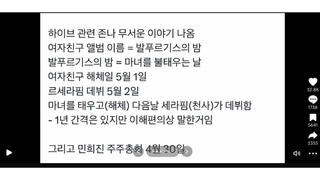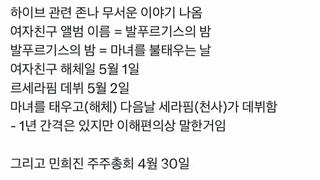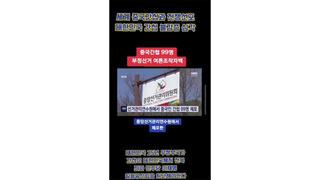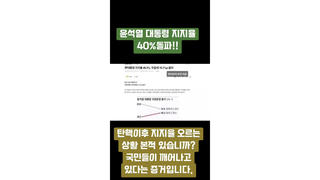

Do ethnically Korean Chinese citizens living in South Korea make up the biggest number of unemployment benefit recipients in the country who also receive the highest amount of unemployment benefits? No, that's not true: Korean nationals make up the highest number of beneficiaries and they receive the most amount of benefit. Among residents in Korea of foreign nationality, ethnic Koreans with Chinese nationality are the biggest group of recipients, but they are also the most populous group of foreigners residing in Korea.
The claim appeared in a video (archived here) where it was published on YouTube by @newsyoyak on May 31, 2023. Its caption read:
Ethnically Korean Chinese comprise the highest number of unemployment benefit recipients, receiving the biggest amount.
This is what the post looked like on TikTok at the time of writing:

(Source: TikTok screenshot taken on Tue Jul 25 14:37:30 2023 UTC)
The ethnically Korean Chinese population in South Korea represents Chinese nationals who are of Korean heritage. In official statistics, they can represent a distinct category of foreign nationals since their heritage qualifies them for a special visa category with more privileges compared to foreign nationals who have no Korean heritage.
The claim that ethnically Korean Chinese are the top recipients is false. According to statistics from the Ministry of Employment and Labor, the number of unemployment benefit recipients among Korean nationals in 2020 was 1,619,000, while the number of beneficiaries among foreigners living in Korea, including ethnic Korean Chinese nationals, stood at 12,107.
In a later part of the post, the author clarifies that he is referring to just the pool of beneficiaries who are foreigners, but the initial caption suggests the group claims the most benefits among all unemployed people in South Korea. This misleading presentation, which displays incomplete information in the thumbnail or at the outset and adds context in a less prominent part of the post, appears to be a deliberate effort designed to be inflammatory and has been found across various platforms. For example, the South Korean newspaper Segye Ilbo ran an article with the headline, "More than half of unemployment benefits was claimed by ethnically Korean Chinese." Another TikTok video targeted Chinese nationals with a caption that read, "Why are nationals of a certain country claiming all the unemployment benefits for foreigners?"
Of all foreign nationals who receive unemployment benefits in South Korea, ethnic Korean Chinese nationals represent 6,938 recipients or about 57% of foreign national recipients, but this is proportional, considering that they are also the most populous group of foreigners residing in Korea. In 2022, the number of Chinese nationals in Korea, including ethnically Korean Chinese, was 840,000, about 37.8% of all foreign residents, according to data from the Ministry of Justice.
In addition, ethnic Korean Chinese nationals are entitled to a visa category that allows a longer stay than other non-ethnically Korean foreigners and it allows them a broader set of unemployment claims for work such as 'housework'. This category, is called F4, "Visa for People of Korean Heritage". Data from the Ministry of Employment and Labor showed that F4 visa holders and permanent residents accounted for about 63% of all recipients in 2022.
In terms of the amount of benefit and the claim that the group received a higher amount of benefit, data obtained from the Ministry of Employment and Labor showed that the average amount per person for foreign beneficiaries in 2022 was ₩ 6,297,000, lower than the average amount per person for Korean nationals, which was ₩ 6,691,000.













